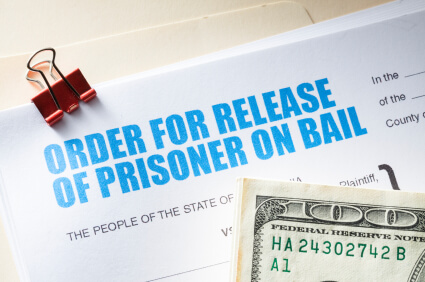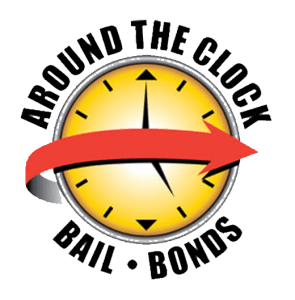Own Recognizance and Release on Citation
What is Own Recognizance?
If a criminal defendant is released on own recognizance, then he or she is released from custody without having to post bail. This can be referred to as O.R., and is usually granted in minor crimes such as traffic violations. It is common for a criminal defendant to request release on own recognizance during his or her first court date. If a defendant is released on own recognize, then he or she is required to sign a document that guarantees they will be present for their next court date. When a criminal defendant is released on own recognizance, then the court depends on the honesty of the defendant to appear on his or her court date.
When is Own Recognizance Issued?
There are many factors that determine when O.R. is given to a defendant. A court agency or law enforcement agency administers own recognizance programs. The past criminal history of the defendant is taken into account when a defendant requests O.R. The type of crime that the defendant is charged with is also considered, and the likelihood that the defendant will break the law during his or her trial.
Before own recognizance is given to a defendant, a criminal background investigation must be performed by a county or law enforcement agency. These agencies can also interview the defendant to determine if he or she will appear in court. If the defendant’s background check is cleared, then a recommendation is given to the judge to grant the defendant own recognizance. Own recognizance is usually only given to defendants who are first-time offenders and have not committed violent crimes. A judge will also consider a defendants financial obligations, work responsibilities, and if they make any contributions to the community.
What is Release on Citation?
Release on citation, also known as cite out or citation release, occurs when an arresting police officer issues a citation to a criminal suspect that requires him or her to appear at a mandatory court date. This is a pretrial release, and is usually issued immediately after the arrest. If a criminal defendant does not make his or her mandatory court date, then a bench warrant is placed against the defendant. Release on citation allows the defendant to continue with daily responsibilities until the trial. Release on citation is similar to release on own recognizance because the court relies on the integrity of the defendant to make his or her court date.
When is Release on Citation Issued?
The arresting officer will issue a release on citation immediately after the arrest. If a citation release is issued, then the defendant might not be placed in custody by the arresting officer, which will result in limited to no confinement for the defendant. There have been problems with release on citation. Incorrect booking procedures can lead to officers giving a defendant a release on citation when the defendant has outstanding warrants. Release on citation protects the rights of the defendant by enforcing that everyone is innocent until proven guilty.



